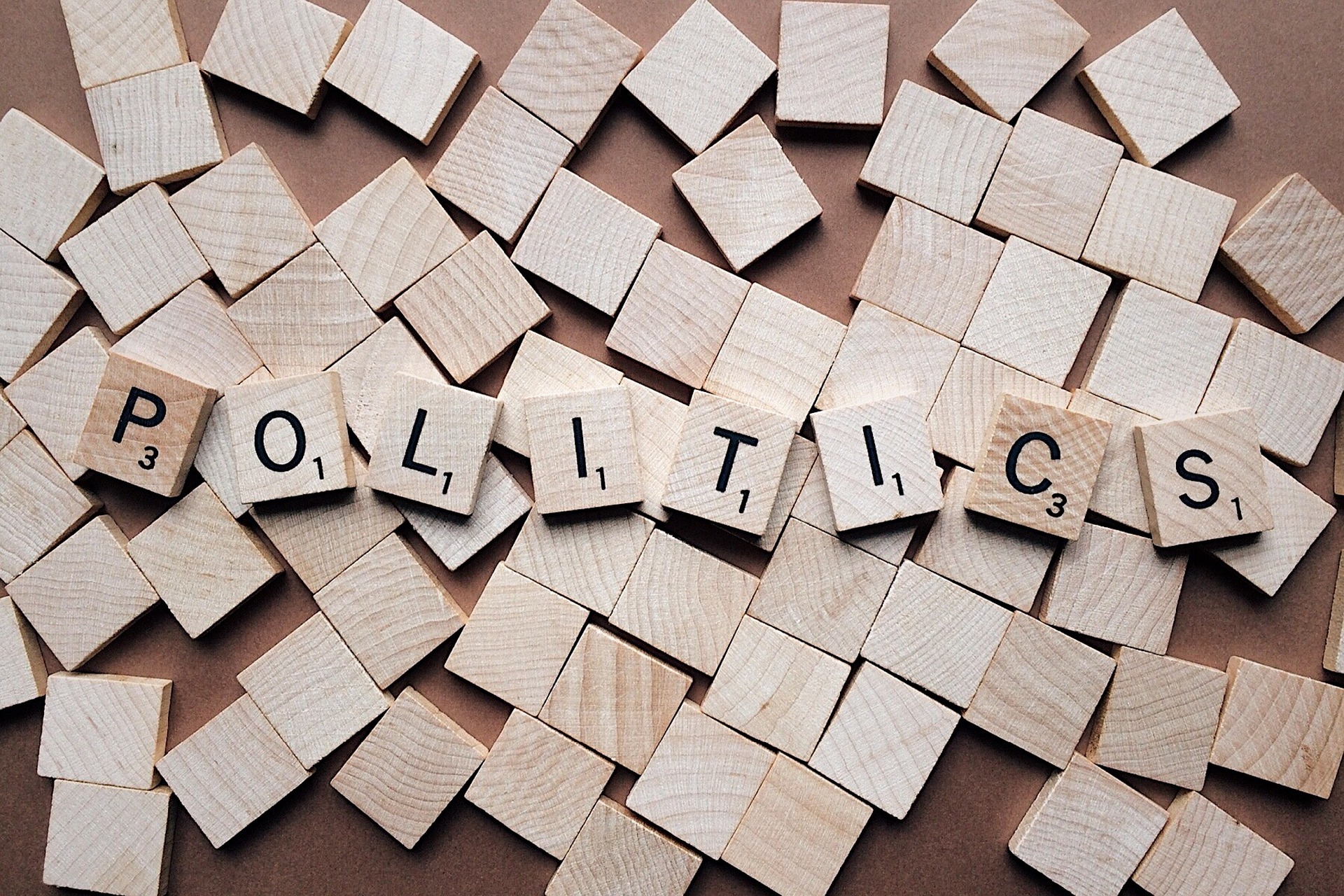And now the end is near; And so I face the final curtain; My friend, I’ll say it clear; I’ll state my case, of which I’m certain…As we leave the EU, nobody can put it better than Frank Sinatra! It is madness.

So, in what may be the last Brexit blog of 2020…umm…what is the state of play as Britain departs the EU on Friday. Well, it all seems a little grim.
Let’s start with our overall relationship with the US. Our special relationship status generally, and Johnson’s unique bond with Trump in particular, was going to ensure the UK blossoms into a global trading power-house with a rapid UK/US trade deal. But, over Huawei, there are already severe disagreements as we plan to take, at least in part, their 5G technology. Both Republicans and Democrats are threatening to retaliate by stalling on any trading agreement. Then we have a row over the UK taxing US tech giants, with the US in return threatening tariffs on UK cars. And that is before we face pressure to accept US chlorinated chicken (banning it in Europe has led to vastly improved farming practices to reduce infection). An imminent trade deal, particularly one that has to be approved by Congress, is highly unlikely. Not a great start.
Elsewhere Australia has stated there will be no rapid trading agreement. Japan says it is happy to move fast but the deal will be worse than that negotiated with the EU because Japan feels it gave too much away!
On foreign policy, our reliance on Europe is evident. We were not informed in advance by the US of the assassination of the Iranian general, Soleimani, and sided with France and Germany in fearing its impact of creating further Middle East mayhem. On the Iranian nuclear deal, when Trump pulled out because it was negotiated by Obama (!), we again sided with Europe in keeping it alive. Only now are we weakly siding with Trump on a new deal he can support because ‘one won’t work without him’. We are nowhere on Syria, Libya and couldn’t even send ministerial representation to the 75th anniversary of the liberation of Auschwitz. A small player on the world stage getting smaller partly as a result of leaving the EU.
Then I read that in the North of England, even Sunderland’s car workers are now getting nervous about the implications of leaving the EU from a car manufacturing perspective. Tough. They were told. With harsh negotiations to start and end with the EU within 11 months there will be brutal clashes on fish and financial services as the FT outlined this week. But with the government not seeking alignment with Brussels in reaching trade agreements, manufacturing looks particularly vulnerable and it could all get very messy indeed. The EU are experts at running things to the wire and last-minute concessions on both sides may well lead to at least a phased UK/EU trade deal but it will be tight and a further drag on growth.
I get the source of populism; the overlooking of the North; the required investment there; frustration at the somewhat patronising metropolitan elites; the sense of being left behind by both globalisation and immigration, but populist solutions are no answer. Overseas, do Trump, Orban, Bolsonaro, Salvini, to name but a few, really care about the ordinary working person? No. Do their solutions spread wealth? No. Time will tell whether the anti-elitist Eton, Oxford educated Johnson, architect, or at least the face of Brexit, fits a different bracket. But leaving the EU means solutions to equality are harder to achieve, the UK becomes a less influential presence in the global community and true control over our own destiny is weakened. Like a boiling frog, by the time we realise its disastrous long-term consequences it will be too late.

